Medical Practice Technical Challenges
Module 3: Laparoscopy & Robotics
Workshops on Minimally Invasive Surgery in General Surgery - 3rd Edition
24-M01.3
Applications to the current course are now closed.
April 17th 2024 - April 18th 2024
COURSE COORDINATORS
Carlos Vaz (MD) ,
Hugo Pinto Marques (MD, PhD)
COURSE PRESENTATION

In the landscape of General Surgery, the pivotal advancements in the last century have been the emergence of laparoscopic surgery in the 1980s and the advent of robotic surgery in the 21st century.
Despite monumental strides, these cutting-edge techniques remain confined to select centers of excellence. In several domains, particularly within surgical oncology, the majority of surgical procedures continue to be executed through traditional methods rather than minimally invasive approaches, indicating a limited spread of these skills attributable to insufficient teaching.
Join us for the 2024 edition, an extended five-day symposium meticulously divided into four modules, each offering an in-depth exploration of specialized surgical domains:
Module 1: Abdominal Wall Surgery
Module 2: Metabolic & Bariatric Surgery
Module 3: Colorectal Cancer Surgery
Module 4: Hepatobiliopancreatic Surgery
Tailor your experience by enrolling in individual modules or embrace the full spectrum of learning.
The first 20 participants in each module gain exclusive access to immersive robotic surgery simulation sessions for an advanced learning experience.

TARGET AUDIENCE
General surgeons (or its subspecialties) and residents of general surgery who wish to develop and/or improve their knowledge and experience in this area.
LEARNING OBJECTIVES >> KNOWLEDGE AND SKILLS TO DEVELOP
- To know and to describe the potential uses of laparoscopic and robotic surgery in bariatric and metabolic surgery, colorectal surgery, abdominal wall surgery, hepato-bilio-pancreatic surgery and esophagogastroduodenal surgery.
- To know and to be able to describe under what circumstances “organ preservation” is possible in rectal cancer and how to deal with a “complete response” after neoadjuvant therapy
- To know and be able to describe the indications, patient selection, risks and complications of the surgical procedures presented throughout the training program.
- To know, to be able to describe and to be able to discuss the advantages and disadvantages of laparoscopy and robotics in the cases presented throughout the training program.
- To know and to be able to describe the relevant anatomical features related to the cases presented throughout the training program.
- To know and to be able to describe the main most recent advances of laparoscopy and robotics in the area of general surgery, as well as the main benefits of laparoscopic and robotic surgery for all concerned actors in the healthcare sector
ADMISSION CRITERIA
- General Surgery (or General Surgery sub-specialties) consultant
- General Surgery resident






